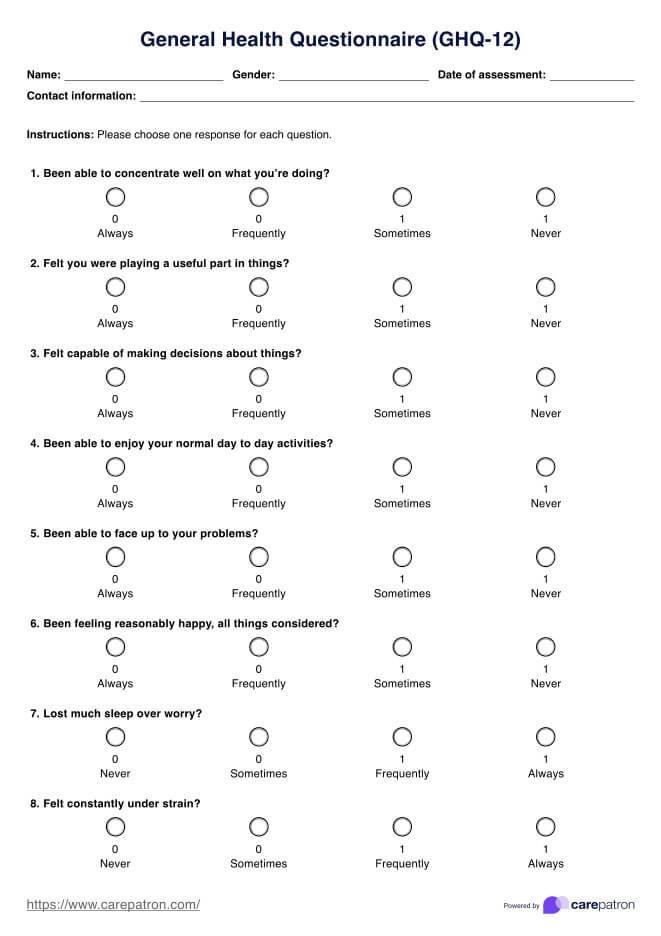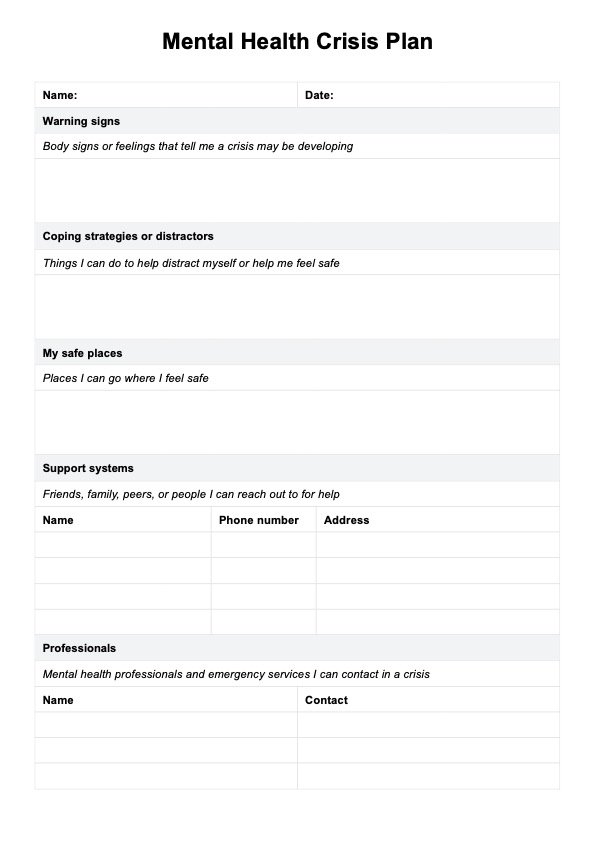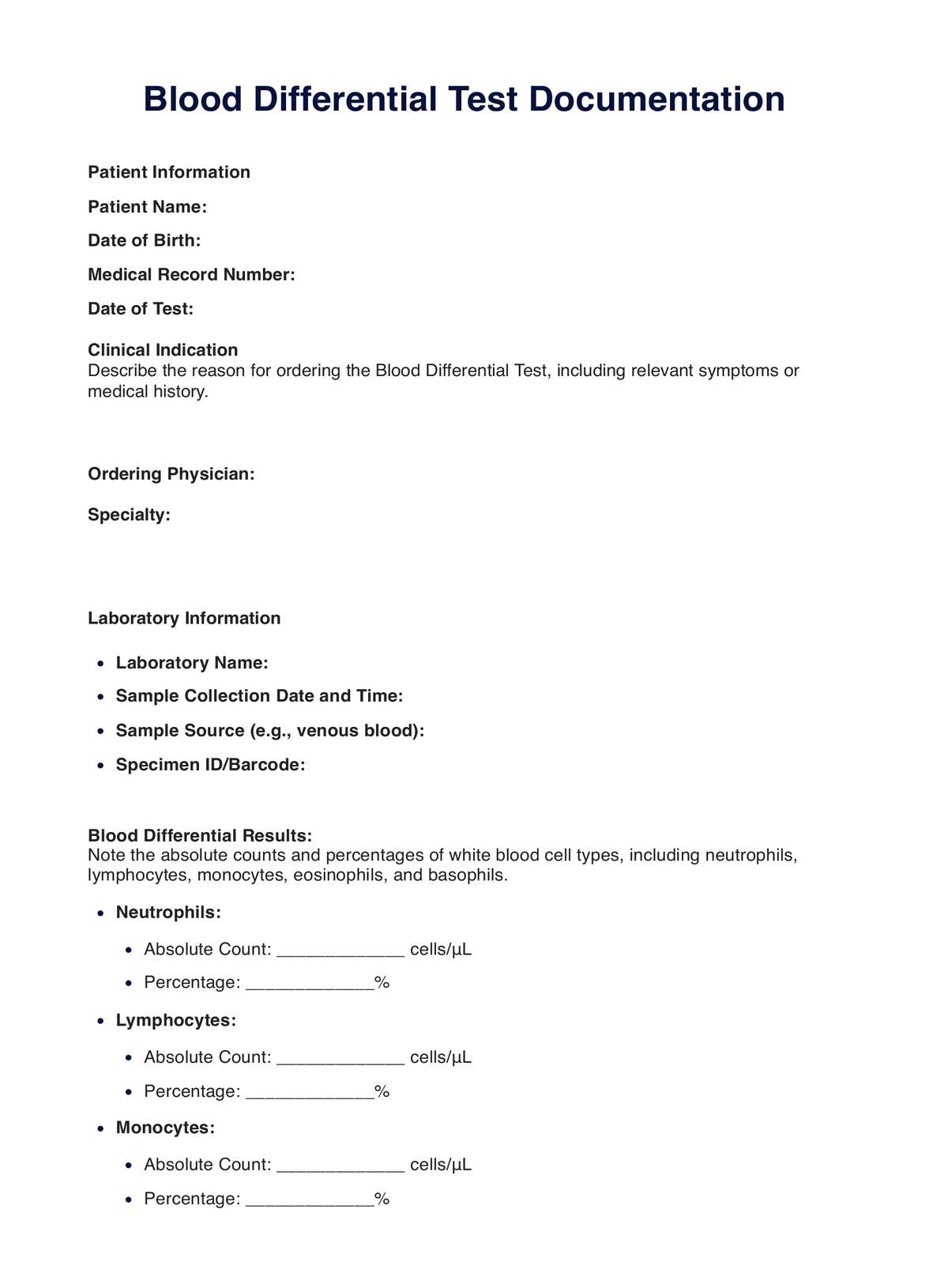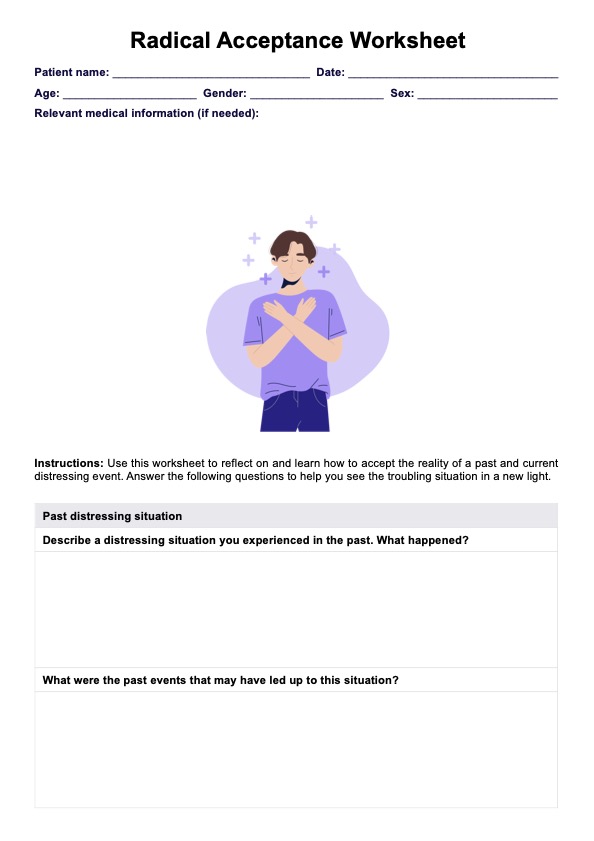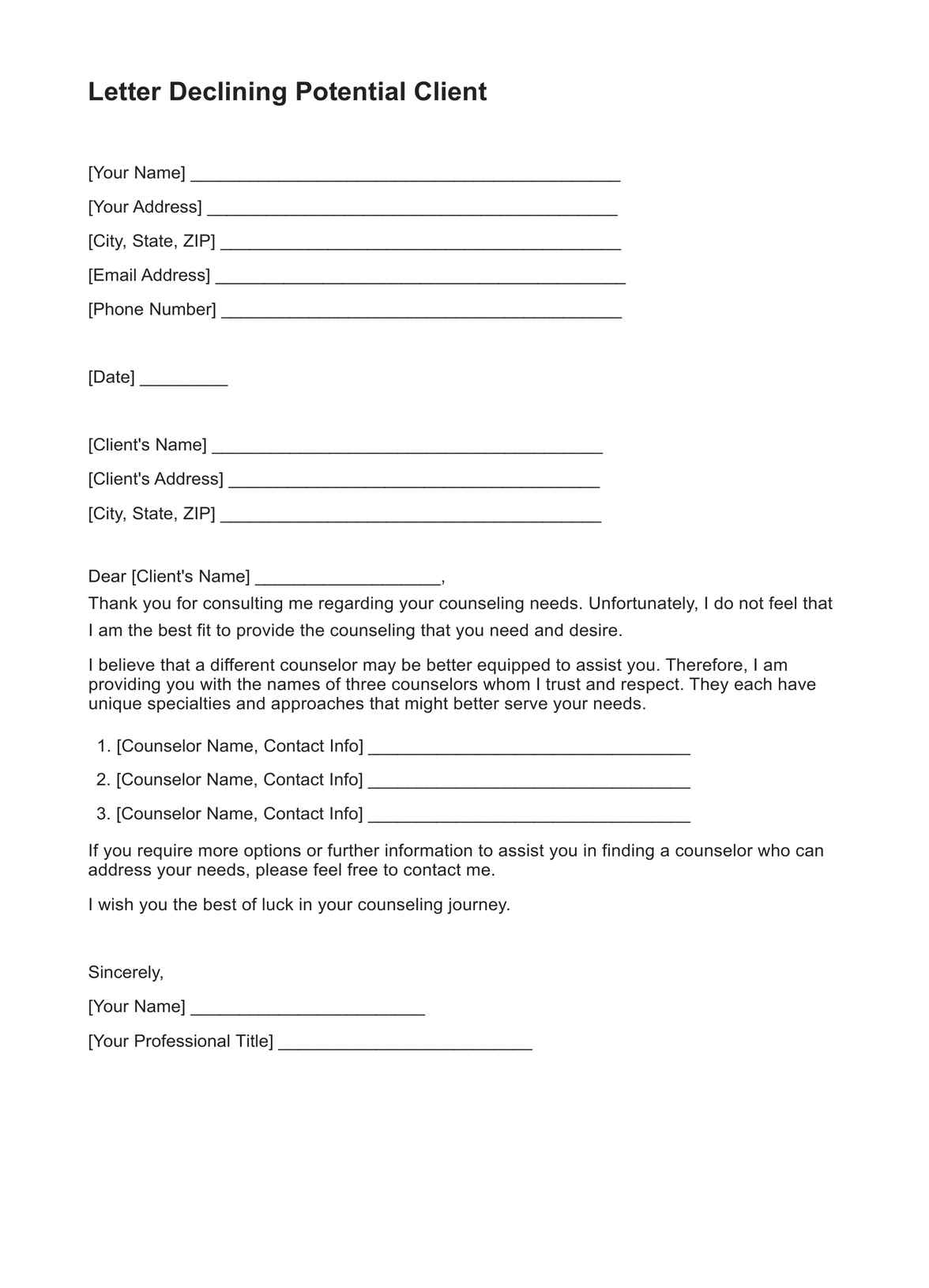Locus of Control Worksheet
Download a free Locus of Control Worksheet PDF to help clients identify perceived control and understand their patterns.


What is the locus of control?
Locus of control is a psychological concept that refers to the degree to which individuals believe they can control events that affect them. It was first introduced by psychologist Julian B. Rotter. This concept, related to the social learning theory, helps to understand the extent to which people attribute the outcomes of their lives to internal or external factors.
There are two main types of locus of control – the internal and external locus of control:
Internal locus of control
Individuals with an internal locus of control believe that their actions and decisions directly influence the outcomes in their lives. They tend to take responsibility for their successes and failures, attributing them to their own abilities, efforts, and choices. People with a high internal locus of control are often more proactive, independent, and confident.
External locus of control
On the other hand, individuals with an external locus of control believe that external factors, such as luck, fate, or powerful others, determine the outcomes in their lives. They may feel that they have little control over their circumstances and that events are largely influenced by external forces beyond their control. People with a high external locus of control may exhibit a more passive attitude and may be more prone to feelings of helplessness.
It's important to note that the locus of control is a continuum, and individuals may have to focus on a combination of both rather than treating it as internal versus external control. The concept is often used in personality psychology and has implications for understanding behavior, motivation, and coping strategies in various situations.
Locus of Control Worksheet Template
Locus of Control Worksheet Example
How does our Locus of Control Worksheet work?
There are different locus of control questionnaires such as Rotter's Locus of Control Scale. These are used in measuring locus of control and identifying their patterns. In line with this, we have created a Locus of Control Worksheet that can be a tool for reflection and discovery.
Step 1: Introduction and assessment
Begin by introducing the concept of external and internal locus of control to your clients. Explain that it refers to the extent to which individuals believe they have control over events in their lives. Highlight that this understanding can lead to personal growth and improved mental health. Have the client complete the five-question assessment on the worksheet. This quick exercise helps identify whether they tend towards an internal locus or external locus of control. Emphasize that there's no "correct" orientation, but understanding their tendencies can be insightful.
Step 2: Visualization and self-reflection
Guide the client through the locus of control activity focusing on the circle, where they categorize aspects of their life based on perceived control. This visual representation helps individuals understand where they focus their sense of control and can spark meaningful discussions about their life experiences and behaviors.
Step 3: Action planning
For an area where the client feels they have little control, work with them to brainstorm three actionable steps to increase their influence. This exercise promotes problem-solving skills and can help shift their perspective towards a more balanced locus of control. It's an opportunity to discuss how their own actions can influence outcomes, even in challenging situations.
Step 4: Discussion and application
Use the insights gained from the worksheet to inform your treatment approach. Discuss how the client's locus of control might affect their mental health, stress levels, and overall well-being. For those with a strong external locus, you might focus on helping them build self-efficacy and resilience. For those with a strong internal locus, you could work on developing self-compassion and acknowledging external factors.
It is important to remember that the goal isn't to push clients towards an extreme internal locus, but to help them develop a balanced, flexible outlook that acknowledges both personal responsibility, their personality traits, and external influences. This tool can be particularly helpful in addressing anxiety, motivation issues, and in supporting clients as they work towards their goals.
What are the benefits of the Locus of Control Worksheet?
Using a Locus of Control Worksheet can offer several benefits, helping individuals gain insights into their beliefs about control in their lives. Here are some potential benefits:
- Self-awareness: The worksheet encourages individuals to reflect on their beliefs and assumptions regarding control over their lives. This process enhances self-awareness and self-esteem by bringing attention to their thought patterns and perspectives.
- Identification of patterns: Completing a Locus of Control Worksheet allows individuals to identify patterns in how they attribute success and failure. Recognizing consistent patterns can be key to understanding one's mindset and behavior.
- Decision-making insights: An individual's locus of control can influence how they arrive at informed decisions. Completing a worksheet can offer insights into whether decisions are often driven by a sense of personal agency or by external factors, leading to more informed and intentional choices.
- Coping strategies: People with different loci of control may employ different coping strategies. Recognizing one's locus of control can help individuals understand how they cope with challenges and stress. This awareness can be valuable for adopting healthier coping mechanisms and mental health management.
- Goal setting and achievement: Individuals with a strong internal locus of control tend to set and pursue goals more effectively. The worksheet can assist in aligning goals with beliefs about personal control, leading to a more strategic and focused approach to achievement.
- Continuous reflection: A Locus of Control Worksheet is not a one-time exercise. It can be a tool for ongoing reflection and self-monitoring, allowing individuals to track changes in their beliefs and adjust as needed.
Keep in mind that while a Locus of Control Worksheet can be a valuable tool, its effectiveness may vary among individuals. It is just one of many strategies that can contribute to personal development and well-being.
Commonly asked questions
Locus of control refers to individuals' beliefs about control over events in their lives. This self-awareness can be internal (believing in personal control) or external (attributing control to external factors).
An individual can assess their locus of control through questionnaires like Rotter's Internal-External Control Scale. They can then reflect on whether they attribute life outcomes to their own actions (internal) or external factors (external).
Locus of control is linked to attitudes, behaviors, and overall well-being. Internals tend to be more proactive, confident, and achievement-oriented, while externals may experience stress and feelings of helplessness. Understanding one's locus of control can aid personal development and self-awareness.


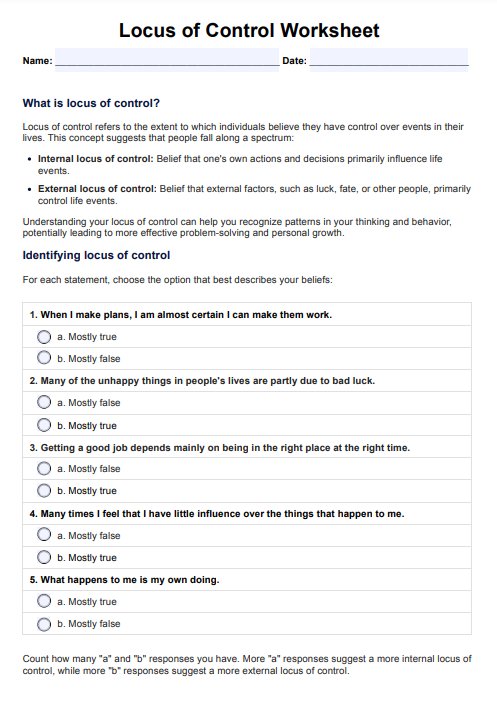
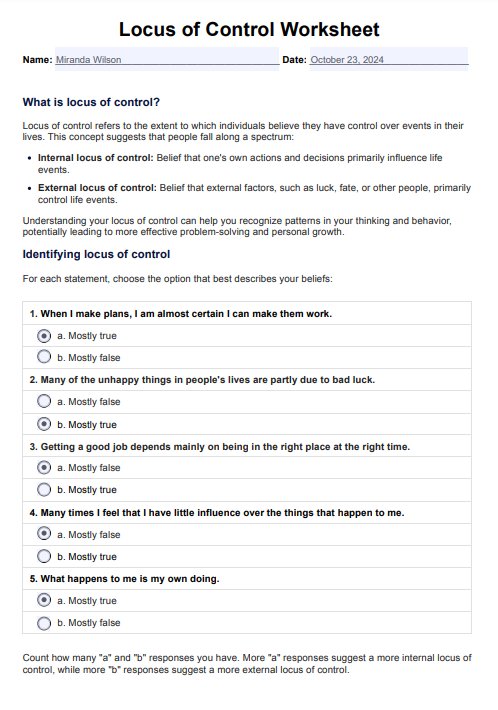

















-template.jpg)




















































































